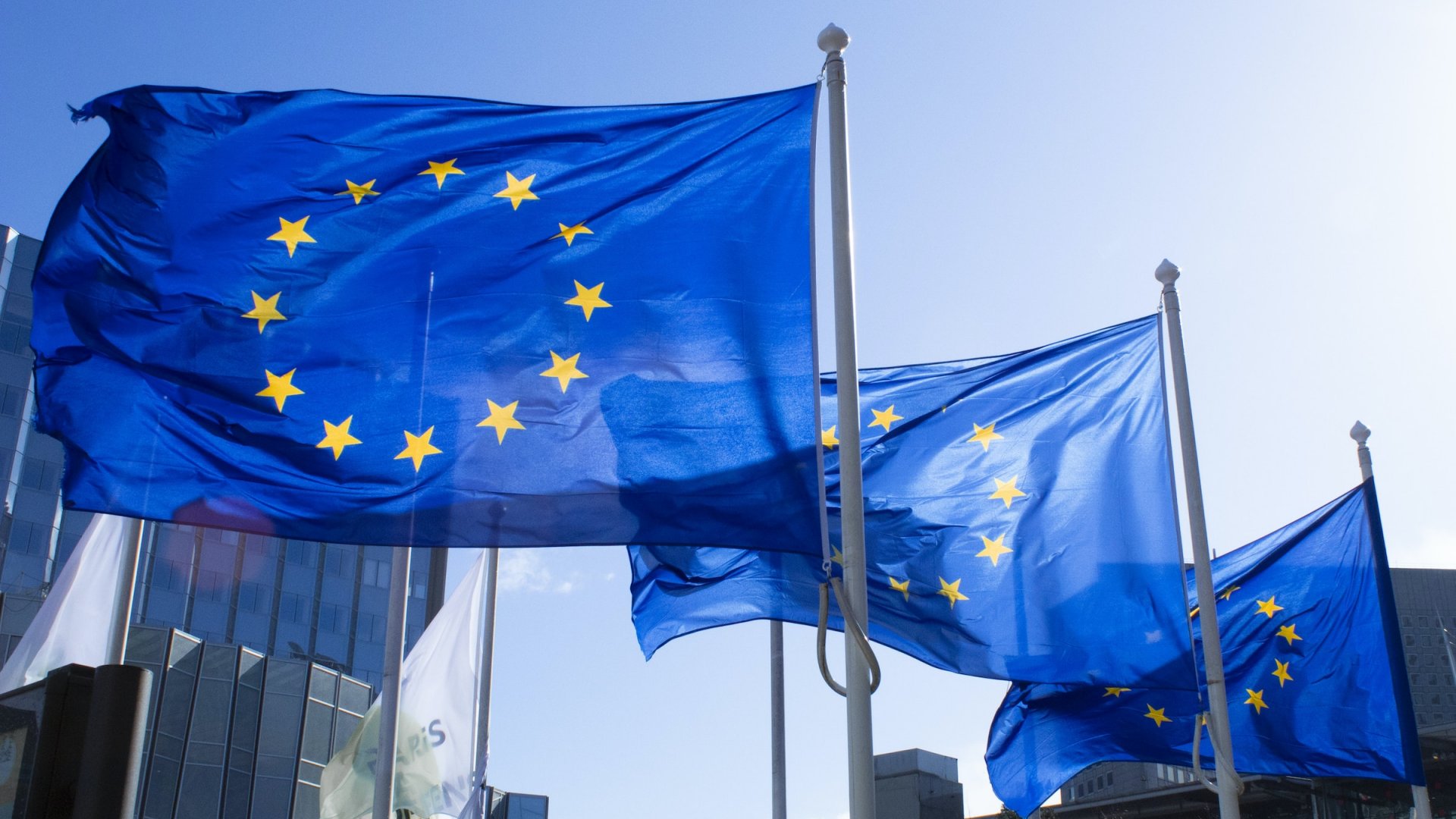EU agrees new rules on cleaner marine fuels
Fuel mix to have at least 2% non-biological renewable fuels by 2034.
The European Union's Parliament and Council have reached an agreement to cut the amount of GHGs in the energy they use by 2% below the 2020 level of 91.16 grams of CO2 per megajoule (MJ) as of 2025.
MEPs also agreed to GHG reductions of:
- 6% as of 2030
- 14.5% as of 2035
- 31% as of 2040
- 62% as of 2045 and
- 80% as of 2050.
This would apply to ships above 5000 gt, which are estimated to be responsible for 90% of CO2 emissions, and to all energy used on board in or between EU ports.
- It would also cover 50% of energy used on voyages where the departure or arrival port is outside of the EU or in EU outermost regions.
RFNBO: The deal gives more credits, as an incentive, in the form of offsetting emissions to ship owners who use renewable fuels of non-biological origin (RFNBO) from 2025 to 2034.
- Additionally, at least 2% of the EU's marine fuels will need to come from e-fuels derived from renewable electricity by 2034, at the latest, if the Commission reports that in 2031 RFNBO amount to less than 1% of the total fuel mix.
Shore power: Containerships and passenger ships will be obliged to use onshore power supply for all electricity needs while moored at the quayside in major EU ports as of 2030.
- It will also apply to the rest of EU ports as of 2035 if these ports have an onshore power supply.
- Certain exemptions, such as staying at port for less than two hours, using own zero-emission technology or making a port call due to unforeseen circumstances or emergencies, will apply.
What they said: Swedish MEP Jörgen Warborn commented: "This agreement sets out by far the world’s most ambitious path to maritime decarbonisation. No other global power has drafted such a comprehensive framework to tackle maritime emissions. This is truly ground-breaking.”
- "This regulation will force others to move too. Europe will do its fair share, but European citizens and companies should not foot the bill for the entire world's climate efforts," noted Warborn.
- "We guarantee the sector long-term rules and predictability, so that they dare to invest. Shipping companies and ports can focus their resources on delivering the greatest climate benefits and the most value for money. This protects the jobs of seafarers, dockworkers and workers in the export industry, and sets an example for other countries to follow," added Warborn.
- Delphine Gozillon, sustainable shipping officer at Transport & Environment (T&E), remarked: "Today's decision marks the beginning of the end of dirty fuels in shipping. The EU is charting the way with the most ambitious package of green shipping laws ever adopted. This success should inspire other countries to do the same."
'Loopholes': T&E warned that "loopholes" in the law risked "letting biofuels and low-carbon fuels in the backdoor".
- T&E has therefore called on the EU to carry out the necessary amendments to the law by 2028 when it is next revised.
Next steps: For the law to be approved, it will need to be ratified by the Council Committee of Permanent Representatives, Parliament's Transport and Tourism Committee, and then the Parliament and Council as a whole.
Fit for 55: New rules on alternative fuel infrastructure and maritime fuel are part of the 'Fit for 55 in 2030 package', which is the EU's plan to reduce greenhouse gas emissions by at least 55% by 2030 compared to 1990 levels in line with European Climate Law.

|
Swedish biomethane bunkered in Gothenburg
Test delivery performed by St1 and St1 Biokraft, who aim to become large-scale suppliers. |
|
|
|
||

|
Cockett to be closed down after 45 years
End of an era as shareholders make decision based on 'non-core nature' of Cockett's business. |
|
|
|
||

|
Petrobras confirms prompt availability of VLS B24 at Rio Grande
Lead time for barge deliveries currently five days. |
|
|
|
||

|
IMO approves pricing mechanism based on GHG intensity thresholds
Charges to be levied on ships that do not meet yearly GHG fuel intensity reduction targets. |
|
|
|
||

|
VARO Energy expands renewable portfolio with Preem acquisition
All-cash transaction expected to complete in the latter half of 2025. |
|
|
|
||

|
NYK trials biofuel in milestone coal carrier test
Vessel is used to test biofuel for domestic utility company. |
|
|
|
||

|
H-Line Shipping orders LNG bunkering vessel
Vessel with 18,000-cbm capacity to run on both LNG and MDO. |
|
|
|
||

|
How to engineer and manage green shipping fuels | Stanley George, VPS
Effective management strategies and insights for evolving fuel use. |
|
|
|
||

|
Swedish government bans scrubber wastewater discharges
Discharges from open-loop scrubbers to be prohibited in Swedish waters from July 2025. |
|
|
|
||

|
MAN Energy Solutions achieves 100% load milestone for ammonia engine
Latest tests validate fuel injection system throughout the entire load curve. |
|
|
|
||
Related Links
- · 25 years of air pollution regulations [Insights]
- · Med ECA approved; zero 2050 target gains traction [Insights]

